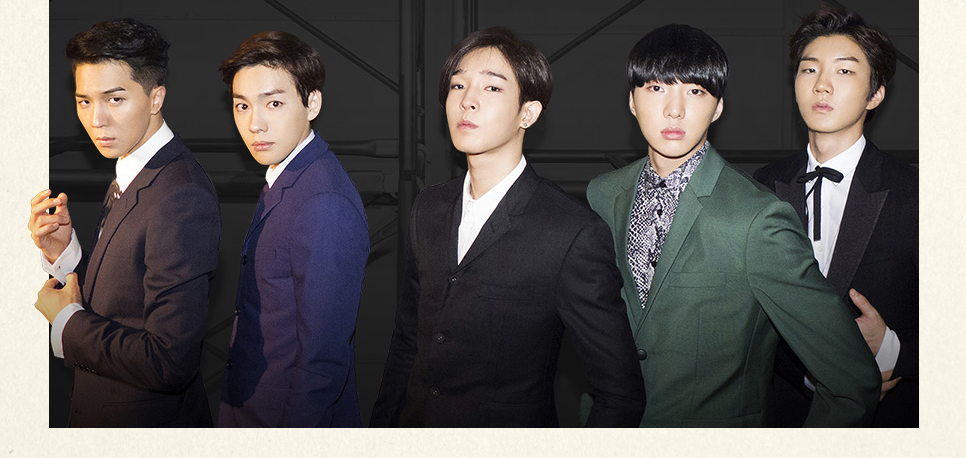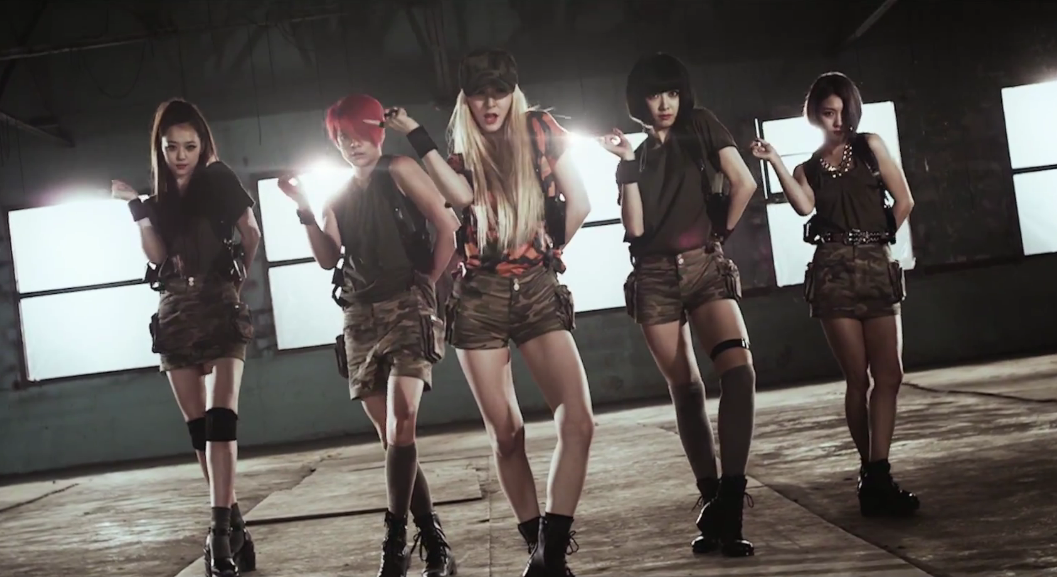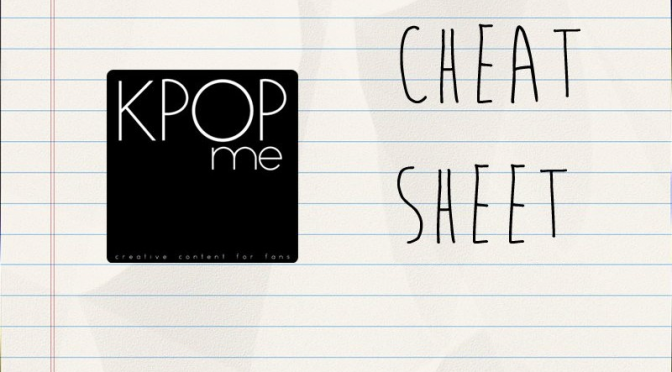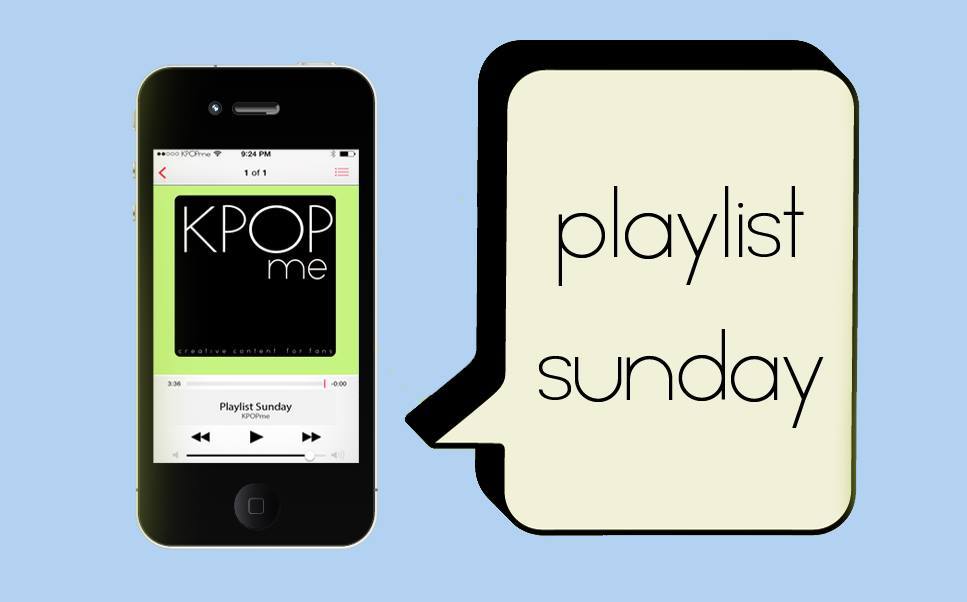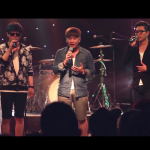Let’s Discuss: WINNER As A New Type Of Idol
It may be a bit of a stretch, but YG Entertainment’s latest group WINNER may be introducing a new era to the K-Pop idol genre. But this isn’t the first group to have done that, and it won’t be the last.
The K-Pop genre as a whole is split into segments, generally based on the current trend for male idols. The concept defined by each era is not definite, and there are, of course, exceptions to the rules. These are general, widely-accepted viewpoints of what defines different periods in K-Pop male idol groups.
[Disclaimer: Please note that I am loosely using the term “generation,” due to the fact that these differences have happened over time. However, there is, of course, overlap.]
Original male idol groups (Seo Taeji and Boys aside) H.O.T, g.o.d, SHINHWA, etc. all had similar concepts; they had masculine charm. Idol groups from the second generation, like Super Junior, TVXQ, SS501, and BIGBANG, had pretty, flower-boy concepts; sometimes they pull out more masculine concepts, but fashion is always important for male idols ever since the second generation.
The third generation began with 2PM, who redefined manliness to mean “beastly,” for the lack of a better word. BEAST and MBLAQ are two other male idol groups that followed this trend.
The fourth generation of idols is defined by androgynous-ness and youthfulness, with groups like SHINee, INFINITE, and Teen Top having members who can easily pass for girls. This conceptual era is a bit different from the earlier flower boys, who still were more “handsome boyfriend” material; the newer groups are fashionable and pretty for the sake of being fashionable and pretty.
The fifth type includes groups like B.A.P and Block B, who debuted with powerful images, most similar to the original idol groups, but perhaps without the lack of theatrics and a more powerful message.
It would seem that all the different concepts have gone through their period, and we will see the cycle repeat, but there is always something new under the sun, and WINNER has proven just that.
[Disclaimer: I did not watch even a single episode of Who Is Next: WIN. I expected, as I believe many people did, that YG Entertainment would promote the group as the next generation of BIGBANG. I was very wrong.]
WINNER debuted with two songs, Color Ring and Empty. Idols in general, especially ones from YG, debut with songs that are more suited to a club than to a rainy day. Even idol groups like JJCC, who debuted with more ballad-sounding songs, have some sort of dance beat to the song; a complete debut without any dance songs is very rare.
Related articles across the web.
The songs are not unique among the K-Pop genre; there’s no reason idol groups can’t produce rap/r&B/pop medleys. BIGBANG’s songs like Blue and Bad Boy are part of this genre. But to debut with a video like this seems like a statement done on purpose in order to differentiate WINNER from the rest of the debuting groups. And it did just that, but so much more.
Concepts overlap, but when one iconic idol group does something different from previous idol groups, it sets trends. WINNER, a high profile group from YG Entertainment ,is in the perfect position to do that; to start a new trend of debuting idol groups that focus more on melodies of song and a sentimental image. Sentimental, of course, is the key word.
Stylistically aside, WINNER also dresses a lot more like an average Korean in Empty and Color Ring than most idol groups do. There’s no real synchronization, no overly fashionable outfits. In fact, in comparison to YG’s top boy band, BIGBANG, this is as far as YG could get.
So, why? BIGBANG is immensely popular, and on Who Is Next, the group’s seemed to create typical YG Entertainment dance songs (I listened to the two team’s final songs to make sure I knew what I’d expect from WINNER).
Why would YG Entertainment debut something so stylistically new, and, essentially, simple? Not that the songs are simple musically; but they are a lot less flashy than songs coming out of SM Entertainment and JYP nowadays.
Because simplicity is now favored in South Korea; the most popular songs in Korea recently are by another seemingly incongruous YG Entertainment act, AKMU. The simplicity of AKMU’s songs is very similar to WINNER’s debut sound.
But while AKMU is recognized to be an artist, WINNER is most definitely an idol group. Idol groups have been consistently topped on Korean music charts by indie artists like Roy Kim, Busker Busker, etc. As Korean music tastes turn more towards indie and alternative sounds than to traditional K-Pop, the trend of K-Pop will be to produce more artistic songs.
There is no doubt that WINNER is a complete idol group; YG Entertainment trained the members, produced them to perfection. WINNER’s songs debuted at the top of the charts, partially due to the group and YG’s popularity, but also because the sound is more reflective of popular taste than other recent K-Pop debuts.
It’s expected that WINNER comes out with a dance song in a more typical K-Pop group style in the future; idol groups tend to do really well with catchy songs. But while many groups focus on international markets nowadays, WINNER is the type of idol group that South Korea needs, and YG Entertainment has read the signs. More idol companies will follow the trend that YG sets.
What do you think? Is WINNER’s debut style going to set a trend? Be sure to share it and follow us on Facebook, Twitter, Instagram, Tumblr,
and Bloglovin’ so you can keep up with all our posts.

